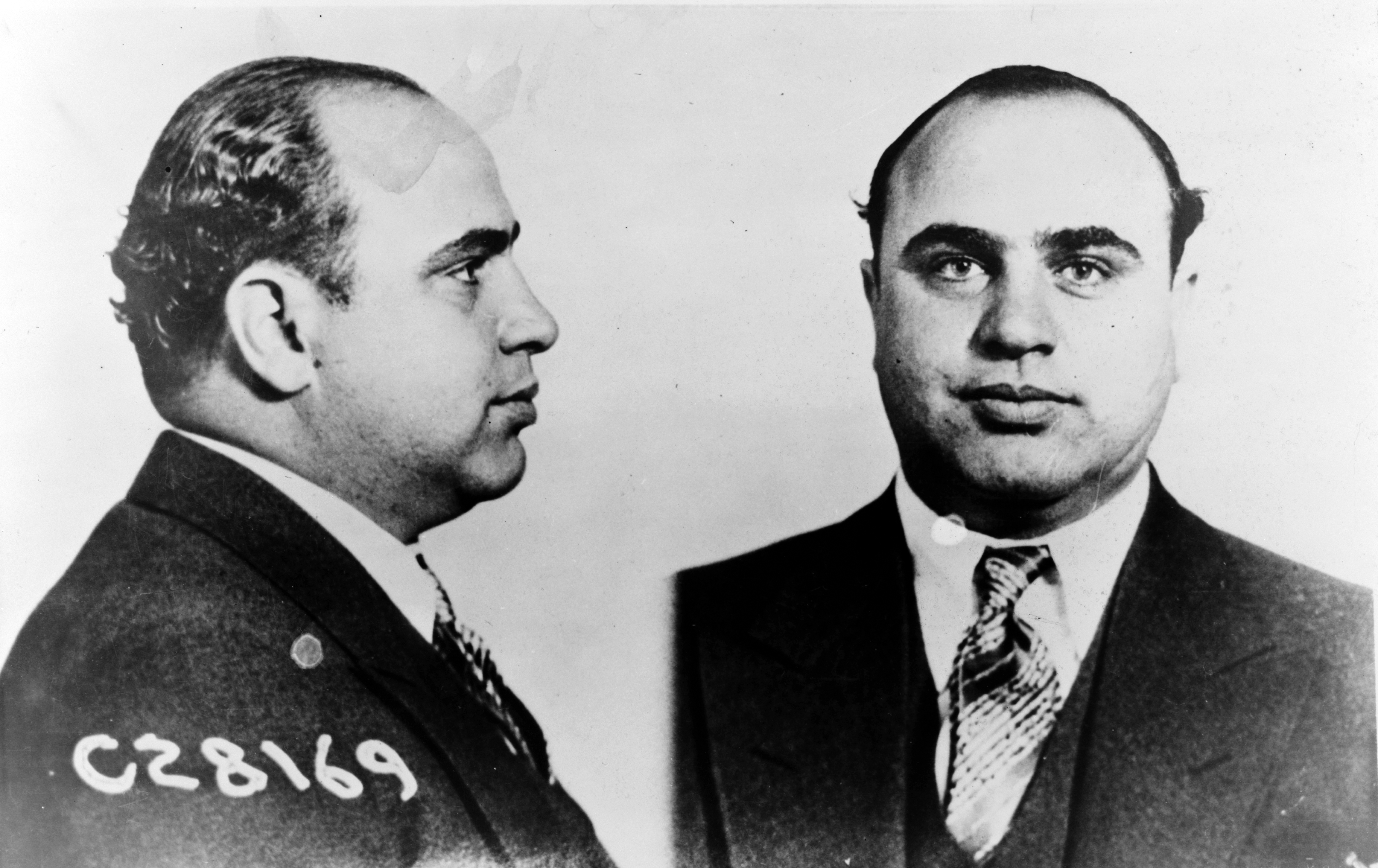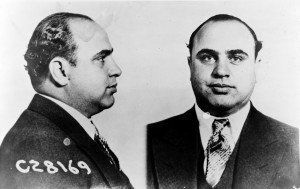At a recent session of NERD club, our weekly research group meeting for the Networks in Ecology/Evolution Research Dynamic, we discussed academic CVs. Four academic staff members (including myself) showed their CVs to the group and discussed what was in them. This was interesting because we all had such varied opinions! I thought I’d write a short blog post to highlight some of our main agreements and disagreements.
General advice for PhD students
You should have some form of academic CV in preparation even if you are in the early stages of your PhD. Why? (1) It’s a great place to put bits of information that you’ll use in CVs at a later date. (2) It prevents you from forgetting things that may prove crucial later e.g., titles of presentations and posters and details of demonstrating/TA-ing/teaching that you may not need for post docs but will want to discuss for faculty positions later on. (3) You never know when you’ll be asked to give someone a CV at short notice, for example at a conference. Being prepared is always a good idea!
Tailoring your CV to the job in question
You should send a different CV to (almost) each job you apply for. If it’s a teaching job, put your teaching near the start. If it asks for certain skills, put those skills near the start and emphasise them. This was the most important piece of advice we had for everyone, so make sure you bear this in mind when considering our other points.
Make sure your key skills stand out
Feel free to use bold type to emphasise the main points, remember your CV is probably in a pile with 30 or 40 other CVs, so make sure your key qualifications stand out. Switch the order around so that the really important things are on the front page.
What headings to include?
We included headings such as education, research experience, teaching experience, research statement (see below), awards and grants (or just grants and awards separately), publications, research projects, outreach and impact, academic service etc. Again these will vary depending on which job you are applying for. For research jobs, the ability to get grants is generally considered important, though publications are key (see below). Outreach can include blogging, twitter and any other informal discussion of your work. Academic service generally includes reviewing for journals, acting as lab manager or project manager, roles on committees or societies, professional society memberships etc.
Research statement
Each of us had a different take on this. One of us has a two sentence description of what he does and what his interests are at the very start of the CV (I don’t have this at present but I like this idea, it immediately lets the potential employer know what you do). The others had full paragraphs on their research interests and skills later in the CV. This made it easier to expand on the things they had done and what their key skills were. One also included a list of representative publications.
Length
The maximum length should be 3 or 4 pages INCLUDING your publications list (unless your publication list is incredibly long). I’d argue for 3 pages max, but everyone else was happy with 4. Again remember that your CV is just one on a pile of 30-40 (if you’re lucky!). The shorter it is, the more likely it will be read right to the end.
Typos and grammatical errors
These are annoying and can let you down badly. Why would I entrust research to you if you’re too sloppy to even write your CV properly? Get your friends, family and peers to read your CV and check it carefully for typos before you send it out. This may save you much embarrassment and heartache (trust me, I have a typo in the first sentence of my MSc thesis abstract; it still makes me cringe to this day!)
Publications – where do they go?
We all place our publications at the end but as one of the students pointed out, there is no real reason to do this. If we attend to our main piece of advice of writing each CV for the job in question, then for research jobs it may be better to have publications on the first page to make them stand out immediately. We decided this was a good idea if you can fit all your publications on page one. Otherwise leave them at the end. This is where I would expect to find them, so if they were on page 2 I may leaf through and miss them entirely. Another suggestion was to have some “representative” publications on page one, probably as part of a research/personal statement. This seems like an excellent idea to me!
Publications – what did you do?
It’s fairly clear if you’re first author on a paper that you did the bulk of the work. If however, you have papers where you’re the middle or even last author it’s worth adding a short explanation of what your role was. It may be that you did a huge amount of work, but equally you may just have contributed data, so if you did something substantial point it out. It’s also worth explaining last author positions. In the UK and Ireland this tends to indicate the project leader or PI, but this isn’t true across the world. So if you are last author as project manager make it clear that you had an important role.
Publications – Impact Factors? Citations? Altmetrics?
This is a science-politics hot potato at the moment so I’ll tread carefully. Some of us put the ISI Impact Factors next to our publications and the number of citations each has received. Again I think this depends what kind of job you’re applying for, and who will be reading your CV. You don’t need Impact Factors if your CV will be read by someone in your field who can judge the quality of the journals and your papers without this information. The reason we had these on our CVs is that for promotion at TCD Impact Factors are required. Many people would argue that it is the quality of the paper that matters and not the journal. I completely agree, BUT in a situation where I’m reading through 30-40 CVs I am not going to stop and read every single paper, so I need some way to judge who has the better publications. We don’t have a good way of doing this yet which is why Impact Factors persist. I’d be equally happy however to see a CV with altmetrics for the papers, perhaps citation counts or, even better, a link to the applicant’s Impact Story account. For now I’d advise a bit of research into who will be reading your CV – if they’re an altmetrics fan then don’t put Impact Factors down. If they’re more traditional then use Impact Factors.
Description or brevity?
Often CV gurus recommend that you make your CV short and snappy and only mention your PhD title and advisors. We think it’s better to describe your PhD (and Postdocs) briefly to explain what you did and why they make you an ideal candidate for the job. In particular, focus on what you FOUND in your PhD, rather than just methods and skills (though these may be appropriate to highlight for jobs that require you to use these methods). Also on what you LEARNT or GAINED from the PhD. This is particularly important if your PhD (or Postdoc) is very different to your stated research interests or the research area of the job you’re applying for. Note that some of this description could be moved to the research statement instead (see above).
Photos
One of the academics includes a photo on his CV. His reasoning is that if a potential employer sees the photo they will be more likely to recognise you at conferences etc. and to engage in conversation with you. If you choose a photo, make sure it is a passport photo not a cropped picture of you out with your friends, or (even worse) a glamour shot. I personally wouldn’t include a photo. It may engender unconscious bias, or even conscious bias(!), and I doubt I would recognise anyone from a CV photo.
Marital status and family
With my cynical gender equality hat on I’d advise not putting either of these pieces of information on your CV. Much like the photo discussion above, I fear it could lead to unconscious bias, or maybe even conscious bias. For example, an employer may worry that a married woman with no children is planning to start a family soon, or someone with a family is likely to work less overtime, or that a married individual may have issues moving to a new place. Having said this, if you’re young and single this bias may work in your favour! Of course judging people in this way is illegal, and I agree that being married and having kids are major parts of your life so should be considered when applying for jobs. However, you can make a point of informing people at interview about your family life; what you want to avoid is being thrown out of that initial pile of 30-40 CVs for something the potential employer doesn’t even realise they have a bias about. In an ideal world, CVs would be stripped of all personal information before they are read to avoid these kinds of problems.
Hobbies
Everyone agreed that including hobbies on an academic CV was unnecessary. However, we did realise that they were useful in certain circumstances. For example, one of our postdocs is a qualified Dive Leader. She always puts this on her CV for positions that may require her to dive to collect data. Another student wants to apply for a field work position after graduating and wants to make it clear that he is able to do the required heavy lifting and long hours. He therefore includes his outdoorsy hobbies. The consensus was that although its fine to keep hobbies on there early in your career, they are definitely the first things to lose when your CV goes over 3/4 pages. We warned everyone away from including hobbies like “socialising”, “reading” and (our personal favourite) “cooking (with herbs)”.
I hope this gives people some pointers, but also emphasises that there is no right or wrong way to write an academic CV. Feel free to add comments if you have any suggestions I’ve missed!
Author
Natalie Cooper: ncooper[at]tcd.ie
nhcooper123
Photo Credit
wikimedia commons


